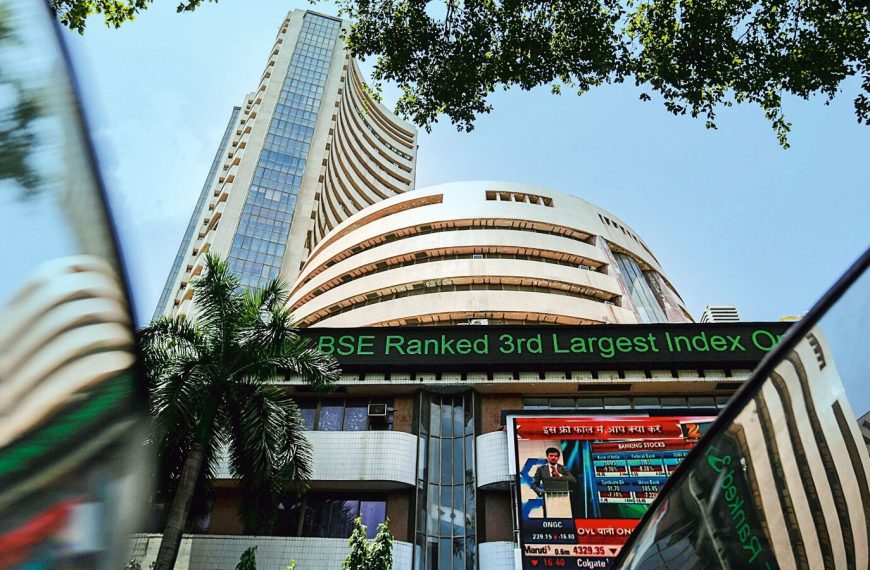On Thursday, tensions between India and Pakistan intensified for a second consecutive day, following alarming reports from the Indian Army about drone and missile strikes initiated by Pakistani forces along the western border during the night of May 8-9. These fresh attempts aimed at hitting military installations in regions such as Jammu and Pathankot were quickly countered by Indian defense forces, echoing previous infiltration attempts across 15 locations in northern and western India.
Recent Military Developments
Just a day prior, India had executed Operation Sindoor, successfully dismantling nine terror camps within Pakistan and Pakistan-occupied Kashmir (PoK). In response, the Pakistani military alleged that India launched drone strikes in cities like Lahore and Karachi. India’s Ministry of Information confirmed attacks on key air defense systems in Pakistan, emphasizing the neutralization of an air defense radar in Lahore.
Impact on the Stock Market
As geopolitical tensions rise, the Indian stock market has shown resilience, with benchmark indices initially dipping but rebounding within the first hour of trading. On the contrary, the Pakistani stock exchange has faced a downward spiral, leading to a suspension of trading as indices frequently hit lower circuit limits.
- Indian Rupee Pressure: The Indian Rupee took a significant hit, closing down by 89 paise at 85.72 against the US dollar, marking its steepest decline in over two years. This drop has raised alarms among market analysts regarding foreign investor sentiment, particularly as the rupee’s decline might lead to a sell-off in equities.
Prashanth Tapse, Senior Vice President of Research at Mehta Equities Ltd, noted, “Investor caution is prevalent, as there are fears that escalating tensions could lead to a major conflict, prompting a significant sell-off in the market.”
Foreign Investment Trends
Despite the geopolitical turmoil, foreign investor sentiment appears surprisingly robust. For the 16th consecutive trading session, overseas investors have maintained their buying spree, injecting approximately ₹48,533 crore into the Indian equity market.
After a period of selling following the record highs in September, foreign investors are now optimistic about India’s economy, believing it can withstand global trade slowdowns better than its counterparts.
Market Outlook
Experts anticipate continued volatility in the stock market in the near term. Shrikant Chouhan, Head of Equity Research, advised investors to remain cautious and focus on fundamentally strong stocks with limited exposure to geopolitical risks. He highlighted that defensive sectors and high-quality large-cap stocks might better withstand current market fluctuations.
Chouhan also pointed out potential levels to watch in the Nifty 50 index: “If the Nifty 50 falls below 24,200, further weakness could ensue, possibly retesting levels around 23,900 or 23,850. Maintaining levels above 23,800 is crucial for a bullish outlook; otherwise, a decline to 23,500 becomes more likely.”
In conclusion, while tensions between India and Pakistan continue to create uncertainty, the Indian stock market’s resilience and foreign investment activity suggest a complex but potentially stabilizing economic landscape.











